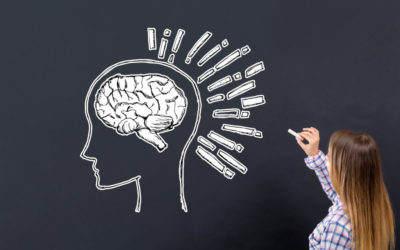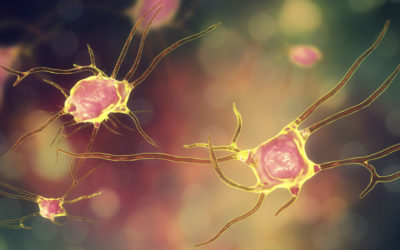Quick Hits
Daily brief research updates from the cognitive sciences

Get into the groove… or so sang Madonna with her hit single in 1985. Little did she know at the time but getting into the groove certainly does seem to be beneficial for you – not to prove your love as she demanded, but in improving cognitive, brain, performance.
Really, yes.
Researchers at the University of Tsukuba in Japan have investigated the impact of groovy music, music related to rhythm and dance, and stimulating the urge to move, on cognitive performance.
To do this these researchers gave cognitive tasks and conducted brain scans using near-infrared spectroscopy (fNIRS) to measure participants before and after playing groovy music.
They found that groovy music improved cognitive performance scores, and this was related to increased function in an area of the brain called the left dorsolateral prefrontal cortex (l-DLPFC). Many prefrontal regions are associated with higher cognitive functions. However, there is a caveat, and that is this effect could only be seen in those participants who said they enjoyed the music only.
So, this raises the question of whether it is groovy music that stimulated this process or simply music that you enjoy – other research has shown the positive benefits of music on just about everything.
So, for you groovers, music that makes you want to move your body, to groove, is likely good for your brain performance. If you don’t like the groove, you can certainly try with any music you like. It will at least elevate your mood and that in itself is no bad thing.

Andy Habermacher
Andy is author of leading brains Review, Neuroleadership, and multiple other books. He has been intensively involved in writing and research into neuroleadership and is considered one of Europe’s leading experts. He is also a well-known public speaker speaking on the brain and human behaviour.
Andy is also a masters athlete (middle distance running) and competes regularly at international competitions (and holds a few national records in his age category).
Reference
Takemune Fukuie, Kazuya Suwabe, Satoshi Kawase, Takeshi Shimizu, Genta Ochi, Ryuta Kuwamizu, Yosuke Sakairi, Hideaki Soya.
Groove rhythm stimulates prefrontal cortex function in groove enjoyers.
Scientific Reports, 2022; 12 (1)
DOI: 10.1038/s41598-022-11324-3
More Quick Hits
Think Like a Kid to Learn Better?
Think like a kid may sound like a good piece of advice – but with some interesting twists…
Those Who Distrust Humans, Trust AI
We probably all know someone who is extremely distrustful of fellow human beings…
Watching TV With Your Child Can Help Cognitive Development
This is another study to show that there is no quick and easy answer to the question of screen time and children…
How Fear Gets Stuck in (Some) Brains
Fear is an important human emotion and essential to survival so not to be underestimated…
Your Brain Switches Between Remembering and Learning
Learning and memory are key functions of the brain and ones that attract a lot of attention and research…
How Daily Rhythms Help Your Brain Grow After Injury
Always nice to know that you brain can grow – and it is still met with surprise when I explain how this can happen…






